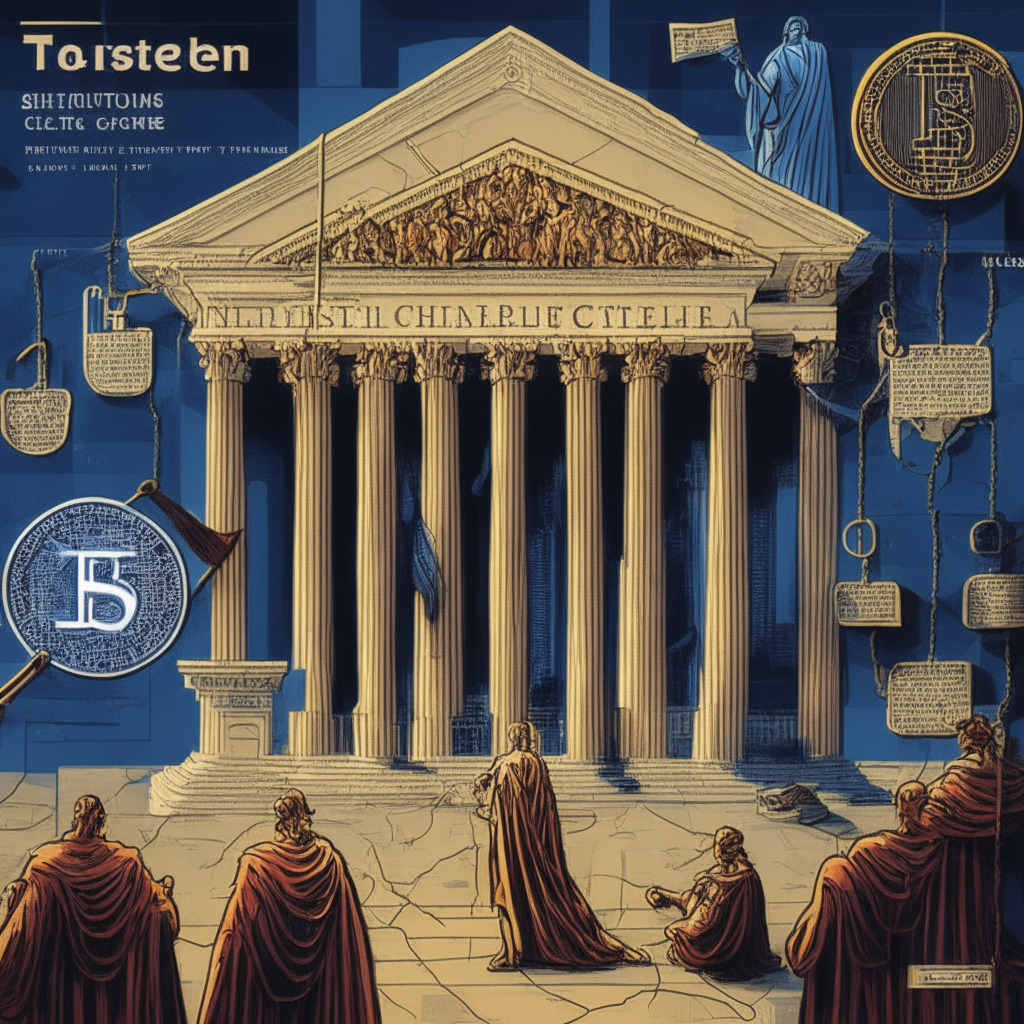House Democrats are reportedly considering their own version of the long-awaited stablecoin bill, indicating a significant rift with the parallel Republican effort. This proposal follows a version initiated by Reps. Maxine Waters (D-Calif.) and Patrick McHenry (R-N.C.) last year and comes on the heels of Waters’ statement that lawmakers should start from scratch on legislation addressing this aspect of the crypto market.
In recent weeks, Republicans on the House Financial Services Committee moved ahead with a new stablecoin bill draft, but it was met with irritation by the Panel’s Democrats, including Waters. She expressed concerns that the effort was made without Democratic involvement and insisted on starting over. Addressing stablecoins, tokens pegged to stable assets such as the dollar, has been a key priority for US lawmakers looking to oversee crypto operations.
Leaders of the House committee had almost reached a compromise last year, but the bill remained dormant until a hearing on the matter last month. This previous document is what leaders are currently pulling in different directions. The Republican’s discussion draft included their most recent ideas, giving states a strong authority to continue regulating stablecoin issuers. However, the Democratic version would grant the Federal Reserve upfront veto power over the registration of those issuers, a point likely to be contentious in the ongoing discussions.
Notably, the newest Democratic version of the bill shifts focus towards consumer protection issues and would not permit non-bank stablecoin issuers to access Federal Reserve programs. Both efforts agree on the definition of “payment stablecoins” as a specific classification of digital assets. Additionally, the Democratic proposal maintains its call for a moratorium on algorithmic stablecoins, a provision that the Republican discussion draft removed.
The committee is scheduled to hold another hearing on stablecoin legislation on May 18, marking the panel’s fourth crypto hearing in a month. Last year’s legislative effort was reportedly close to completion, but committee members expressed dissatisfaction that McHenry and Waters were not considering their input. Both parties are attempting to address the concerns raised by these other members with separate versions. However, this approach might cause an even wider policy gap between the two sides. As it stands, the future of stablecoin regulation appears uncertain, with both parties diverging on their proposed solutions for this growing and influential area of the cryptocurrency market.
Source: Coindesk




